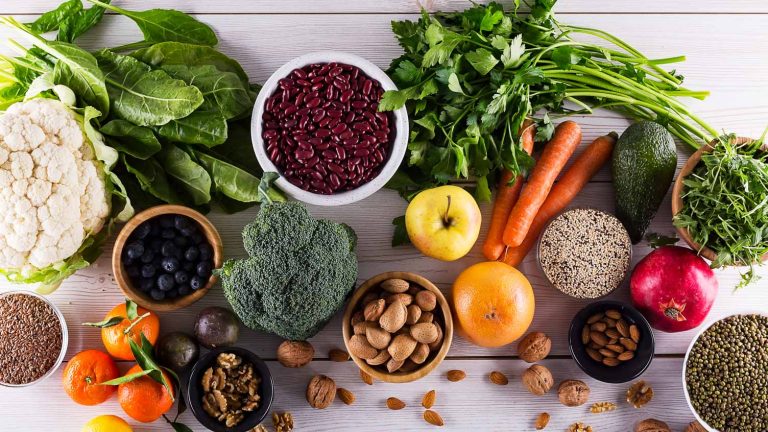Eggs and ham and sweets and … Vitamin B12. Who would have thought that typical Easter food is a treasure trove of one of the most elusive vitamins? Let’s go hunting!
What do your genes say?
Even though the lack of vitamin B12 is commonly attributed to vegetarians, vegans, and older people, there can be a gene-related reason as well. Scientific studies have found that a FUT2 gene and its mutations can influence vitamin B12 levels in your body.
Every unfavourable copy of the said gene reduces the levels of the vitamin by 10 percent, which means that people with the least favourable genetic makeup (two unfavourable copies) have a 20 percent lower B12 level.
Since approximately 49 percent of the population carries one favourable and one unfavourable copy of the FUT2 gene, half of the population is prone to the lack of it. You can check if you need to be extra careful about B12 intake with our DNA test. One simple saliva sample, and you will learn your predisposition for lack of vitamin B12 and many other essential micronutrients.
For a happy and healthy Easter (and beyond)
So if you learn that you need to include more sources of B12 to your diet, just make sure to incorporate Easter Bunny’s menu to your everyday meals.
And even if your genes have your back and your reserves are full, it won’t hurt to add a bit more. After all, B12 comes in all sorts of delicious dishes, and combining it with good company on a traditional Easter feast is just an added bonus!
Sources:
https://ods.od.nih.gov/factsheets/VitaminB12-HealthProfessional/https://www.healthlinkbc.ca/healthy-eating/vitamin-b12https://medlineplus.gov/ency/article/002403.htm#:~:text=Vitamin%20B12%20is%20a%20water,for%20years%20in%20the%20liverhttps://www.msdmanuals.com/home/disorders-of-nutrition/vitamins/vitamin-b12-deficiency




















